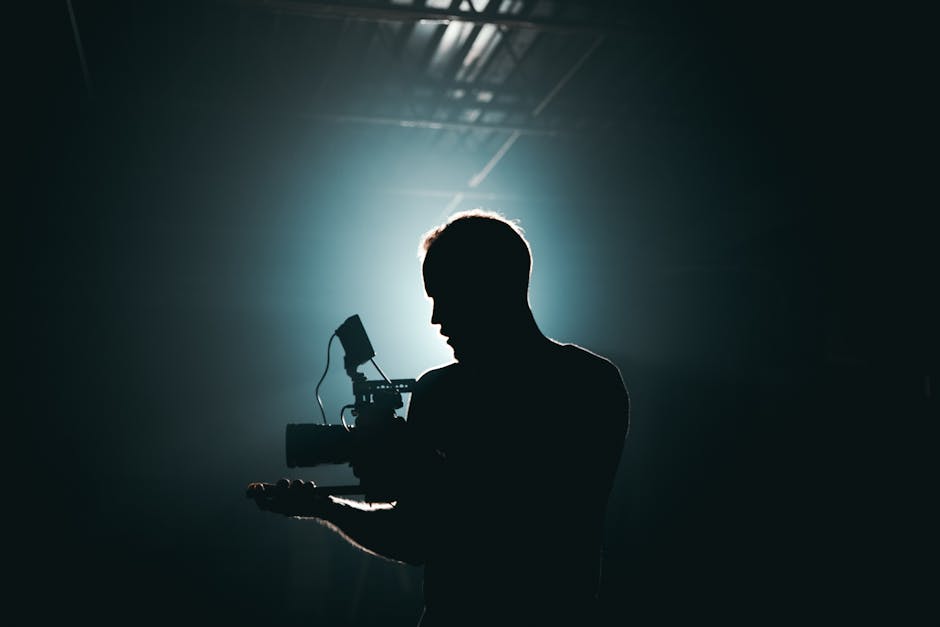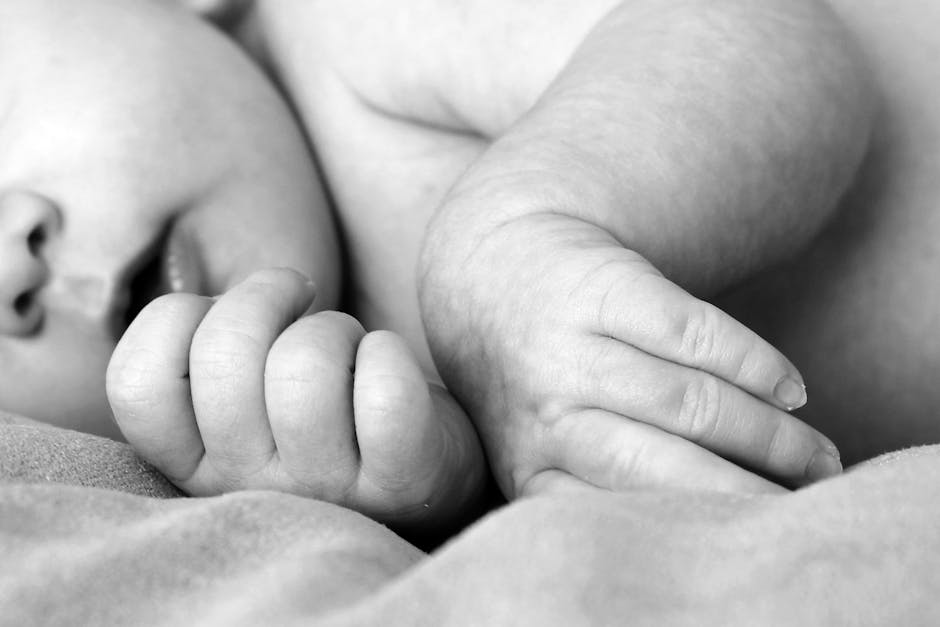Introduction: Cinema as Resistance in Sudan
In conflict zones, filmmaking becomes an act of defiance. For Ibrahim ‘Snoopy’ Ahmad, co-director of the groundbreaking Sudanese film Khartoum, storytelling is survival. In an exclusive interview, Ahmad shares the challenges of filming during war, the importance of collective authorship, and his hopes for Sudan’s cinematic future.
Filmmaking in a War Zone: Challenges and Triumphs
The Sudanese film industry has been decimated by ongoing violence. Yet, Ahmad and his team shot Khartoum in the heart of Khartoum, often during brief respites in fighting.
- Guerrilla Filmmaking: Limited electricity, curfews, and the constant threat of gunfire forced improvisation. Scenes were captured in single takes, with real-life chaos bleeding into the film’s raw aesthetic.
- Art as Testimony: “We weren’t just making a movie—we were documenting history,” Ahmad says. The film blends scripted scenes with real testimonies from activists and civilians.
Collective Authorship: Redefining Sudanese Cinema
Khartoum breaks from traditional filmmaking by crediting three co-directors and relying on community input.
- Non-Actors as Co-Creators: Residents contributed dialogue based on lived experiences, blurring the line between fiction and documentary.
- Strength in Unity: “Individualism is a privilege we don’t have,” Ahmad notes. “This film belongs to everyone who shared their stories.”
The Future of Sudanese Cinema: Resilience and Innovation
Despite infrastructure collapse, Sudan’s filmmakers persist:
- Digital Grassroots Movement: Collectives like Sudan Film Factory empower youth to create with smartphones and social media.
- International Spotlight: Ahmad hopes Khartoum’s festival run will shift global perceptions: “We’re more than a war zone—we’re a culture of resilience and creativity.”
How to Support Sudanese Filmmakers
Ahmad’s call to action:
– Amplify Sudanese Voices: Seek out and share films like Khartoum.
– Fund Grassroots Projects: Donate to initiatives training emerging filmmakers.
Khartoum is a testament to art’s power in crisis—and a beacon for Sudan’s cinematic rebirth.




